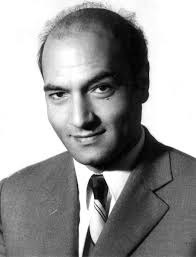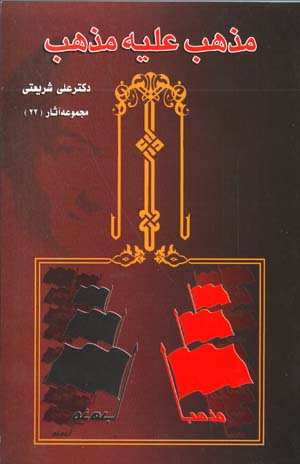'Alī Sharī'atī
شریعتی، علی
Ali Shariati (born November 23, 1933, Kahak, Sabzevar – died June 18, 1977, Southampton, UK) was an Iranian writer, sociologist, Islamic scholar, and revolutionary intellectual who profoundly influenced Iranian youth in the 1960s and 1970s by blending religious, social, and philosophical thought. He studied Persian literature at Mashhad University and later pursued sociology of religion at the Sorbonne in Paris. Shariati’s passionate lectures at Hosseinieh Ershad and his seminal works such as Abu Dharr, Prayer, The Alienated Man, What Is to Be Done?, Islamology, Alavi vs. Safavid Shiism, Fatemeh Is Fatemeh, and The Fall offered a justice-oriented and revolutionary reinterpretation of Islam. He criticized both the Pahlavi monarchy and traditional clerical institutions, writing in a poetic, fervent, and critical style. Shariati died under suspicious circumstances at age 43 in England, and his body was buried in Damascus near the shrine of Sayyidah Zaynab
علی شریعتی (زادهٔ 2 آذر 1312، روستای کاهک، سبزوار – درگذشتهٔ 29 خرداد 1356، ساوتهمپتون، انگلستان) نویسنده، جامعهشناس، اسلامپژوه و روشنفکر انقلابی ایرانی بود که با تلفیق اندیشهٔ دینی، اجتماعی و فلسفی، نسل جوان ایران را در دهههای 1340 و 1350 تحت تأثیر قرار داد. او تحصیلات خود را در رشتهٔ ادبیات فارسی در دانشگاه مشهد آغاز کرد و سپس در دانشگاه سوربن فرانسه در رشتهٔ جامعهشناسی دین ادامه داد. شریعتی با سخنرانیهای پرشور در حسینیهٔ ارشاد و آثار ماندگاری چون ابوذر، نیایش، انسان بیخود، چه باید کرد؟، اسلامشناسی، تشیع علوی و تشیع صفوی، فاطمه فاطمه است، و هبوط، به بازخوانی اسلام با رویکردی عدالتطلبانه و انقلابی پرداخت. او منتقد سلطنت پهلوی و نهاد روحانیت سنتی بود و با نثری ادبی، پرشور و انتقادی، به یکی از چهرههای تأثیرگذار انقلاب اسلامی بدل شد. شریعتی در 43 سالگی بهطرز مشکوکی در انگلستان درگذشت و پیکرش در دمشق، کنار مرقد حضرت زینب به خاک سپرده شد


